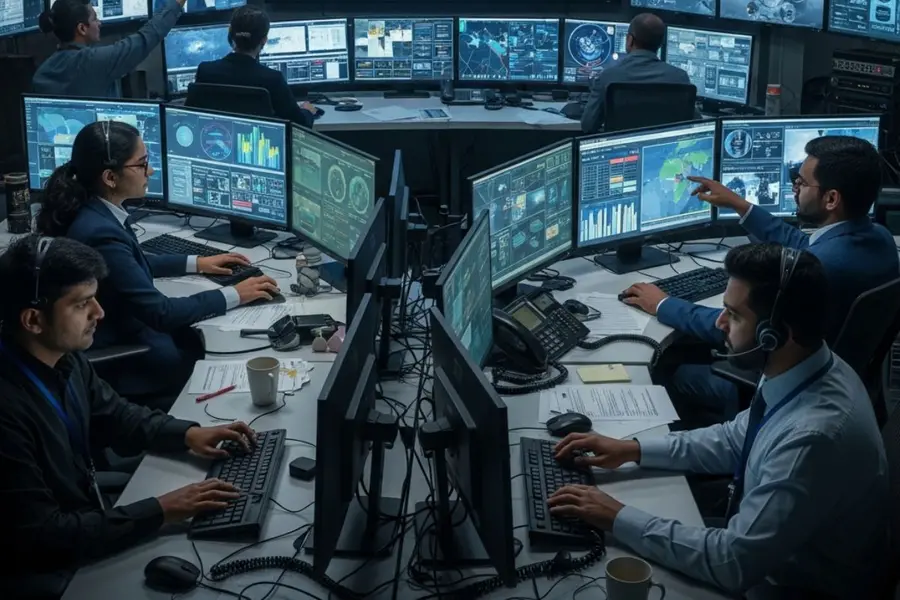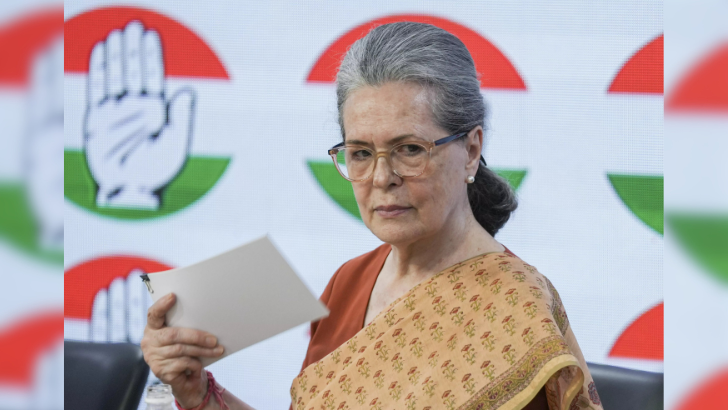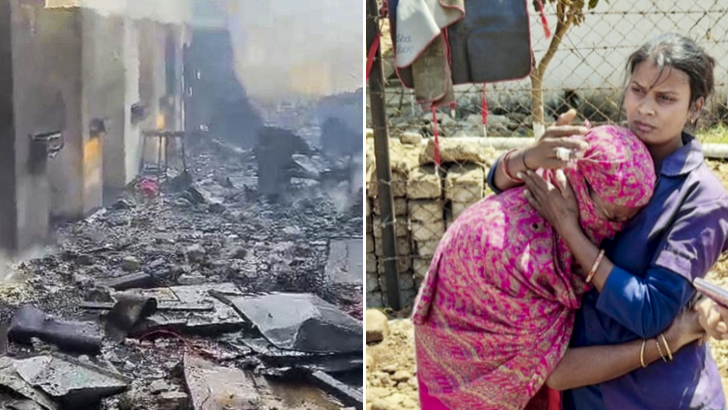No cameras inside Ajmer Dargah's sanctum: Delhi HC to Centre
Delhi HC orders Centre to constitute a new Dargah Khwaja Saheb Committee within three months.
Salar Web

New Delhi, 8 Nov
In a landmark judgement, Delhi High Court ordered the
Centre, on 6 November, to safeguard both the religious sanctity and statutory
governance of the revered temple of Sufi saint Khwaja Moinuddin Chishti in
Ajmer.
Justice Sachin Datta ordered the Union Ministry of Minority
Affairs to constitute a new Dargah Khwaja Saheb Committee within three months,
in accordance with the Dargah Khwaja Saheb Act of 1955.
The court noted that the tenure of the previous committee
expired in 2022 and that no new body had been appointed since, contrary to the
provisions of the Act.
Addressing petitioner’s concerns regarding the sanctity and
privacy of the Astana Sharif (sanctum sanctorum) under the main dome of the
Ajmer Dargah, the court clarified that no CCTV cameras shall be installed
inside the sanctum. “CCTV cameras will not be installed inside the sanctum
sanctorum (Astana Sharif) and will cover only the public approach areas,” the order
stated.
Justice Datta directed the Minority Affairs ministry to
constitute new Dargah Khwaja Saheb Committee within three months and to fill
all vacancies as required under the Dargah Khwaja Saheb Act, 1955.
This clarification upholds the spiritual integrity and
privacy of devotees visiting the sacred Dargah Ajmer Sharif.
The petitioner had also sought the court’s intervention to
appoint a new management committee, citing financial irregularities and
administrative lapses in the current setup.
The case was argued by senior advocate Shadan Farasat, along
with advocates Chayan Sarkar, Arshnit Sandhu, and Shailender Kumar on behalf of
petitioner Syed Meharaj Miya.
In a statement, Syed Meharaj Miya said, “The Hon’ble Delhi High Court’s directions reaffirm the spiritual sanctity of the Astana Sharif and ensure lawful administration under the Dargah Khwaja Saheb Act. This decision safeguards the sacred space of devotees and restores faith in the due process of law.”
Leave a Reply
Your email address will not be published. Required fields are marked *












.png)

.png)



.png)
